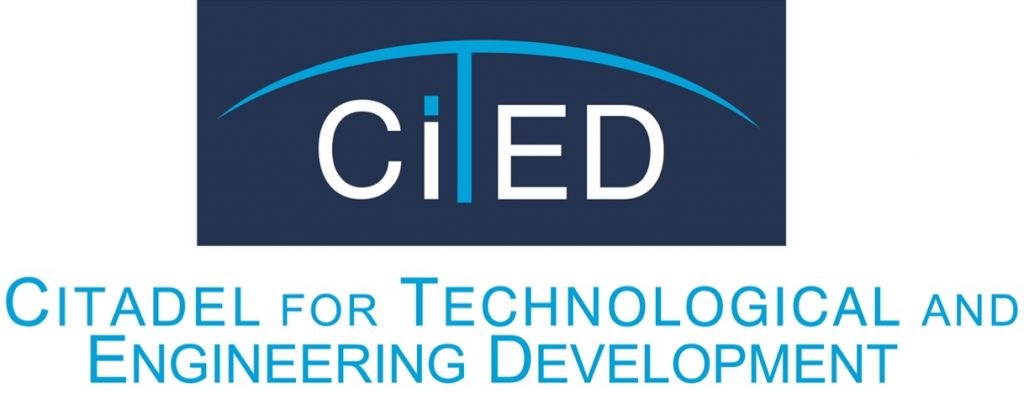This 3-day intensive training program delves into the practical aspects of designing concrete structures specifically for industrial projects. It bridges the gap between academic knowledge and the unique challenges encountered in industrial settings, equipping participants with the skills and expertise to confidently design safe, efficient, and cost-effective structures.

Introduction:
This 3-day intensive training program delves into the practical aspects of designing concrete structures specifically for industrial projects. It bridges the gap between academic knowledge and the unique challenges encountered in industrial settings, equipping participants with the skills and expertise to confidently design safe, efficient, and cost-effective structures.
Objectives:
- Understand the key differences between designing concrete structures for industrial projects compared to residential or commercial buildings.
- Gain a comprehensive understanding of relevant building codes and standards for industrial concrete design.
- Master the design principles and calculations for various reinforced concrete elements commonly used in industrial facilities.
- Address specific design considerations for industrial structures, including dynamic loads, blast resistance, and foundation design for vibrating equipment.
- Develop an understanding of the integration between different disciplines involved in industrial project design.
Day 1 :
- Differences from residential and commercial design
- Industry standards and regulations (e.g., ACI 318, IBC)
- Project life cycle and design considerations
- Material properties (concrete, steel)
- Flexural behavior and design of beams
- Shear behavior and design of beams and columns
Day 2:
- Introduction to finite element analysis (FEA) for complex structures
- Dynamic analysis and design for seismic and wind loads
- Blast-resistant design principles
- Design considerations for vibrating machinery
- Pile foundations and other deep foundation systems
- Coordination with architects, mechanical and electrical engineers
Day 3:
- Material selection and optimization
- Energy efficiency and thermal considerations
- Life cycle assessment and cost analysis
- Real-world examples of industrial concrete structures
- Design challenges and solutions
Conclusion:
This comprehensive training program equips participants with a solid foundation in practical reinforced concrete design for industrial projects. By combining theoretical knowledge with real-world applications, the program empowers engineers to confidently tackle the unique challenges of industrial construction and deliver safe, efficient, and sustainable structures.

